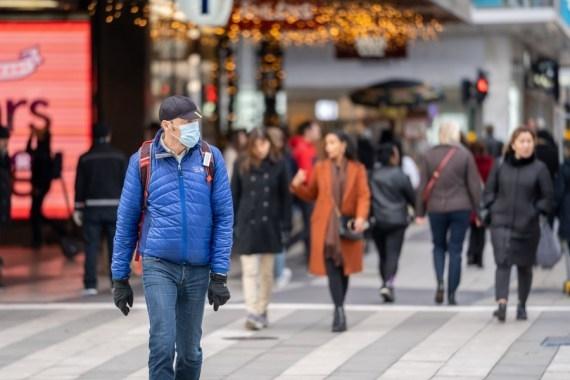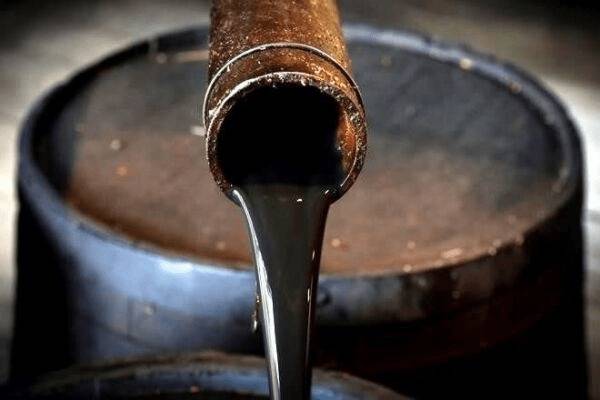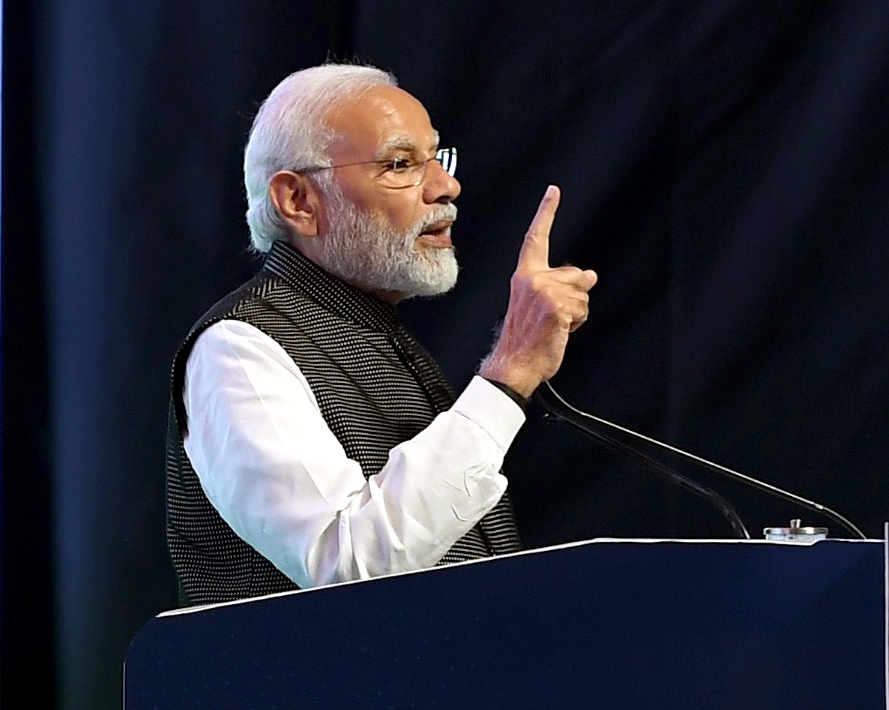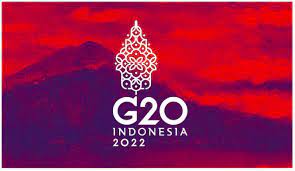Inflation running at levels not seen in decades, an unfolding debt crisis, and cost-of-living problems are the biggest threats to doing business for G20 countries in the next two years…reports Asian Lite News
World leaders meet in Indonesia to discuss key issues affecting the stability of the global market, with talks likely to be affected by tensions over the war in Ukraine and its economic fallout.
The Group of 20 summit is taking place in Nusa Dua on the island of Bali, on Nov. 15 and 16, marking the culmination of Indonesia’s presidency of the G20 biggest economies and more than 200 working group meetings and side events held throughout the year.
Established in late 1999, in the wake of the Asian financial crisis, G20 initially focused on broad macroeconomic policy, it has later morphed into a forum to address urgent problems such as vaccine access, food security, and climate change.
Together, these 20 economies account for 80 percent of global economic output, nearly 75 percent of exports, and about 60 percent of the world’s population.
Every year, the leaders of G20 members meet to discuss economic and financial matters and coordinate policy on other issues of mutual interest.
The group’s annual summit is hosted and chaired by a different member, giving host countries an opportunity to push for action on issues that matter to them.
High fuel and food prices are often correlated with mass protests, political violence, and unrest. While Sri Lanka and Peru have already begun to see riots, Turkey, Pakistan, and Egypt are also at risk for social unrest as the cost of living accelerates.
These problems are expected to dominate G20 summit talks.

Inflation, energy crisis, food insecurity
Inflation running at levels not seen in decades, an unfolding debt crisis, and cost-of-living problems are the biggest threats to doing business for G20 countries in the next two years, according to an early November survey by the World Economic Forum.
The global economic recession caused by the coronavirus pandemic has been further aggravated by the ongoing war in Europe.
While the G20 is an economic forum and not one for addressing armed and political conflict, the situation in Ukraine is expected to permeate discussions.
Since Russia’s invasion of Ukraine and Western sanctions slapped on Moscow, the fuel price spike has been the second highest since the 1970s. The conflict has also disrupted supplies of wheat and fertilizers — the two countries account for one-third of the global wheat, while Russia is also a top exporter of nitrates used in agriculture.

While sustained food shortages and high food prices could send millions of people around the world into acute food insecurity, and the UN has already been warning about looming famines, G20 finance and agriculture ministers committed during an October meeting to addressing global food insecurity. It is not clear, however, if the matter will be reflected in the leaders’ final declaration.
Attempts to address the power crisis, on the other hand, should be expected to appear in the summit’s communique.
The Indonesian Ministry of Energy and Mineral Resources announced last week that G20 members had agreed to accelerate energy transition — a shift from fossil fuels to renewable sources — and include efforts for energy security in the summit’s final declaration.
Indonesian President Joko Widodo has confirmed that 17 leaders of the G20 countries have confirmed their attendance, including US President Joe Biden and Chinese President Xi Jinping.
The presidents of the world’s two biggest economies are set to meet in Bali on Monday, in what will be their first face-to-face chat since Biden took office, and as tensions between America and China are high — over trade policies, technology, and Beijing’s increasing military activity in the South China Sea and actions on Taiwan.
Indonesia was trying to arrange a meeting between Vladimir Putin, the president of Russia — one of the G20’s key members — and his Ukrainian counterpart Volodymyr Zelensky, who has been invited to the summit as a guest.
While the Russian embassy in Jakarta has already said that Putin would not come to the summit, Zelensky’s press secretary told the Ukrainian news media he would attend, but most likely virtually.

Food, energy security to be Modi’s focus
Prime Minister Narendra Modi will hold extensive discussions on global issues, including food and energy security, with other world leaders at the G20 Summit in Bali, Indonesia.
In his departure statement ahead of his visit to participate in the 17th G20 Leaders’ Summit from November 14-16, Prime Minister Modi said, “During the Bali Summit, I will have extensive discussions with other G20 Leaders on key issues of global concern, such as reviving global growth, food & energy security, environment, health, and digital transformation”.
Indonesian President Joko Widodo will hand over the G20 Presidency to India at the closing ceremony of the Bali Summit in what Prime Minister Modi described as “a significant moment for our country and citizens”.
India will officially assume the G20 Presidency from December 1, 2022. While in Bali, Prime Minister Modi will extend a personal invitation to G20 Members and other invitees to the G20 Summit to be held in India next year.
In his statement, the Prime Minister added that he would meet with leaders of several other participating countries on the sidelines of the G20 Summit and “review the progress in India’s bilateral relations with them”. He said that he was also looking forward to addressing the Indian community in Bali at a reception on November 15.
“During my interactions at the G20 Summit, I will highlight India’s achievements, and our unwavering commitment to collectively address global challenges,” the Prime Minister said.
According to Prime Minister Modi, India’s G20 Presidency will be grounded in the theme “Vasudhaiva Kutumbakam” or “One Earth One Family One Future”, which underlines the message of equitable growth and shared future for all.

Leave a Reply